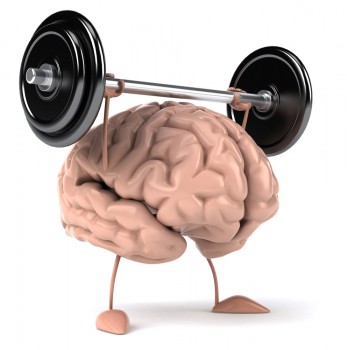That it is is a necessary assumption for those who accept that minds exist, but equate it with either the central nervous system or its encapsulating body.
Much of the issue around physicalism vs. the question of minds’ existences may have less to do with the nature of reality than with what we mean by certain words. If anything and everything is physical, then “physical” is a unifying rather than polarizing or distinguishing concept; there is no contrast class to it (that is: nothing non-physical exists).
The project for physicalist cognitive scientists and philosophers of mind–those who, in short, believe that everything (including the mind) is physical–is, perhaps, simply to extend the language of physics to also accommodate “mind”. (And physicalism could well have to change, itself, in order to be able to do so!)
It may be convenient for a field like cognitive neuroscience especially to have a common framework for its studies of neural and cognitive (mental) systems, which have traditionally–a la Descartes and his successors–been regarded as more ontologically separate than they are, these days. Still, people’s mileages vary with respect to whether physicalism is the right unifying ideology for reality even aside from this possibility.
[The discussion from which this post arose took place on INTJforum, at: https://intjforum.com/topic/175287-if-physicalism-how-is-it-that-we-can-trust-our-cognitive-abilities/ ]


